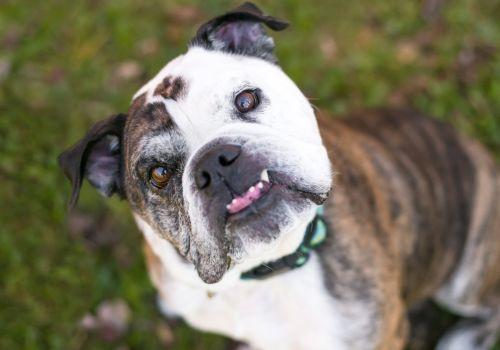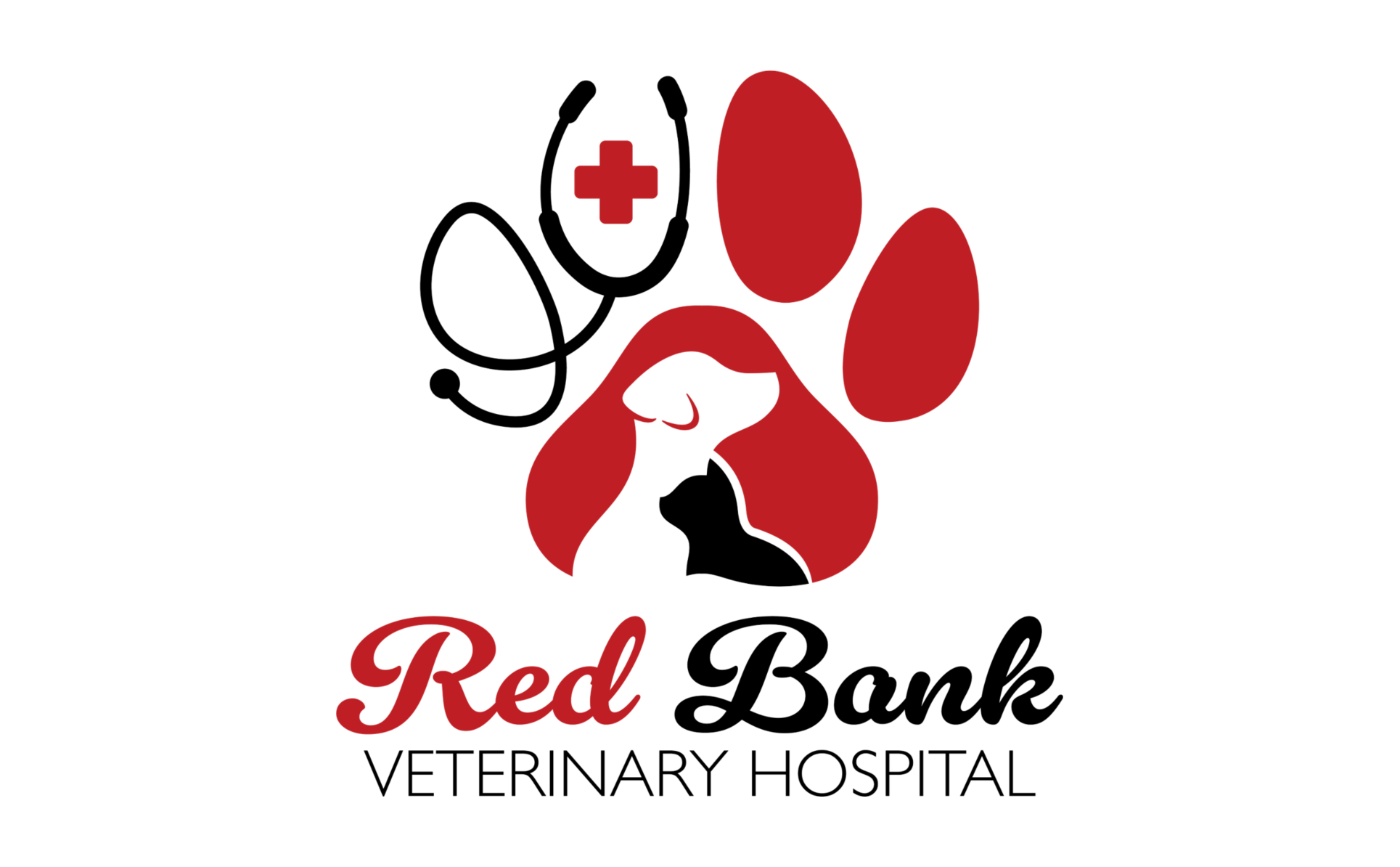
At Cincinnati Family Vet, we understand that pet owners have many questions when it comes to the health and well-being of their furry family members. Our Client Medical FAQs page is dedicated to answering the most commonly asked questions about pet care, ranging from routine wellness visits and vaccinations to dietary needs, behavioral concerns, and common pet illnesses. Whether you're curious about your pet's dental health, wondering about the best way to handle parasite prevention or need advice on managing chronic conditions, we have answers from licensed veterinarians. Explore this resource to gain valuable insights and confirm your pet receives the best possible care.
My pet vomited today. What should I do?
If your pet is lethargic, not as active or perky as usual, disinterested in eating, not drinking normally, vomiting blood, got into the trash, or may have eaten a foreign object or unusual food, you should withhold its food and call for an appointment. We will get your pet in for an exam and possibly x-rays or blood work. If your pet does not show any of the above symptoms after vomiting, keep it under observation to see if it vomits again. Remove its food for 12 hours and make sure that water is always available. If no more vomiting occurs after 12 hours, feed it two parts cooked whole rice and 1 part boiled chicken or lean hamburger for a day or two. If vomiting continues for more than 24 hours or occurs more than once in 24 hours, withhold food and make an appointment for an exam, x-rays, and blood work.
My pet has loose stools today. What should I do?
If your pet’s stools aren’t extremely watery, don’t contain fresh blood, aren’t dark black and tarry, and aren’t associated with vomiting or excessive straining, take your pet off food for 12 hours. Make sure water is always available. After 12 hours you may try feeding a bland diet of cooked white rice and boiled chicken or lean hamburger. Mix 1 part meat to 2 parts rice. If diarrhea worsens, you see any of the signs listed above, or the condition doesn’t improve in 24 hours, call to make an appointment for an exam. DO NOT GIVE Pepto Bismol or Kaopectate to your pet (especially cats) unless you talk to our clinic first.
My dog is itching and I think it has fleas; how can I tell?
Fleas are small, dark brown-black insects. You can usually see them, often near the base of the tail or on the belly. They flee from the light. You can also see “flea dirt”. This dark, grainy material in the hair coat or on the skin turns red when moistened, as opposed to dirt, which continues to be black even when wet.
What are normal body temperatures for dogs and cats?
The average temperature for dogs and cats is 101.5. A range of 100.5 to 102 is considered normal. Always use a well-lubricated rectal thermometer to take your pet’s temperature.
Are rawhides chews safe?
Rawhide chews usually do not cause a problem. Choking or blockage may happen if your dog swallows the whole chew or an un-softened chunk of it. Rawhide chews can upset some dogs’ intestinal system causing vomiting or diarrhea. It’s best to supervise your pet when it’s chewing on any toy.
Cold, wet noses are good, right?
A cold, wet nose may be a sign of good health in dogs and cats, but even a healthy pet can have a warm, dry nose on occasion. On the other hand, sick pets can also have cold, wet noses. What does all this mean? Your pet’s nose is not a reliable indicator of your pet’s health.
Can my kids or family get worms from my pet?
Roundworms, hookworms, giardia, and coccidia, can all be transmitted through stool-contaminated soil, sandboxes, or litter boxes. In addition, cats can carry toxoplasmosis and shed it in their stool. If your pet has one of these worms/parasites and a member of your family comes in contact with its stool, they could become infected. Cincinnati Family Vet recommends checking all pets’ stool samples on a yearly basis and deworming new kittens or puppies prophylactically. Also, cleaning up your pet’s stools daily will decrease the chance of these parasites infecting your children or family.
My pet seems to have reactions to vaccines consistently. Should I stop vaccinating it?
No, but Cincinnati Family Vet doctors may modify the vaccine schedule or administer a pre-med before vaccinating your pet. These measures should decrease the incidence and/or severity of the vaccine reactions. Also, Cincinnati Family Vet offers blood work to determine your pet’s vaccine titer level; if the level is adequate, your pet may not need to be vaccinated that year. We will discuss your concerns and formulate a plan prior to vaccinating your pet.
Why do I have to test my dog for heartworms if I give a preventative every month?
Heartworm preventatives are not 100% effective. Sometimes, a dose gets missed, spit out, vomited, or is just not adequately absorbed, resulting in inadequate protection. The veterinary community is also seeing signs of heartworm resistance to some heartworm preventions. Heartworm testing is a safeguard against your pet suffering from heartworm disease without your knowledge. Furthermore, giving some types of heartworm preventative to a dog that has heartworm infection may actually result in a shock-like reaction due to a rapid kill of immature heartworms.
When do dogs/cats come into heat?
Puppies and kittens usually reach puberty around six months of age. After this time, female dogs usually come into heat twice a year; on average, the heat cycle takes about three weeks to complete. Female cats are different; they come into heat seasonally. Cats normally cycle at approximately three-week intervals during the spring, summer, and fall.
Can my pet be spayed when she’s in heat?
Yes, they can still be spayed. However, due to extra bleeding from an increased blood supply to the area, there is more risk involved and it may cost more. Cincinnati Family Vet recommends most pets be spayed before their first heat. This surgery can be done starting at 4 months of age.
Why is a series of puppy/kitten shots necessary, and will my pet need to have the series every year?
The early series of vaccinations ensures a good level of protective immunity in a young puppy or kitten. This is the age when they are most susceptible to many contagious diseases. A series of vaccines are given because it is unknown exactly when your puppy’s or kitten’s antibodies, received from its mom, are dissipating. At this time, their own immune system must be stimulated with the vaccines to protect themselves. This loss of mom’s antibodies generally occurs somewhere between 6 and 12 weeks of age. Adult pets will usually need yearly vaccine boosters but will not need to repeat the series unless they are significantly overdue on their vaccinations.
I want my pet to let me clip his nails when he’s older. How do I do it?
It is important to help your pet associate nail trims with “good things” to look forward to. This association is accomplished by playing with the pet’s feet one at a time, and then rewarding it with food treats. Do not clip any nails yet. Instead, gradually increase the length of time spent holding the foot, start touching each individual toe, then clicking the clipper (a noise that can be scary to some pets), and then clipping a toenail. Do not expect to be able to clip all its nails at the same time or to reach this comfort level within a couple of days. Give it plenty of time and treats.
My pet had surgery. What should I watch for with the incision?
The incision should be clean and dry with no discharge. It should be warm but not hot and not exceedingly painful to a light touch. There will be a slight amount of swelling, but not so much that the skin has swollen around the sutures. The area around the sutures should be pink, not beet red. Do not allow your pet to lick any incision. Please call or make an appointment to come in if you have concerns or questions about the incision.
Does my pet need pain control when it has surgery?
The advent of providing pain control for pets is a recent development in veterinary medicine. Studies have shown that pets given pain medication postoperatively heal faster, eat sooner, have fewer infections, and are much less stressed than pets that don’t receive pain medication. Cincinnati Family Vet does recommend pain control for most surgeries and many dental procedures.
Why does the clinic recommend blood testing before procedures requiring anesthesia?
Pre-anesthetic blood testing allows a Cincinnati Family Vet to evaluate your pet’s basic organ function. The testing could warn us of a condition not obvious on a physical exam. It may indicate that we should take extra precautions with your pet’s anesthesia or surgery or avoid a procedure altogether until a discovered problem can be corrected.
My pet is squinting its eye. What should I do?
Squinting of the eye is a sign of ocular pain that could be due to a corneal ulcer or other eye injury. You may also see swelling, redness, or discharge. Prevent your pet from rubbing at the eye and call for an appointment.
My pet is shaking its head. What is wrong?
Every animal shakes its head occasionally, but if your pet is shaking frequently, rubbing its head on the ground, or scratching at its ears, it may have an ear infection. If noted, call for an appointment, and do not put any substance into your pet's ears without discussing it with your veterinarian.
If you have questions and you'd like to reach out to us, you can call us directly at (513) 831-7444, or you can email us at [email protected]. Don't forget to follow us on social media Facebook, Instagram.
Don't forget to follow us on social media Facebook, Instagram.


